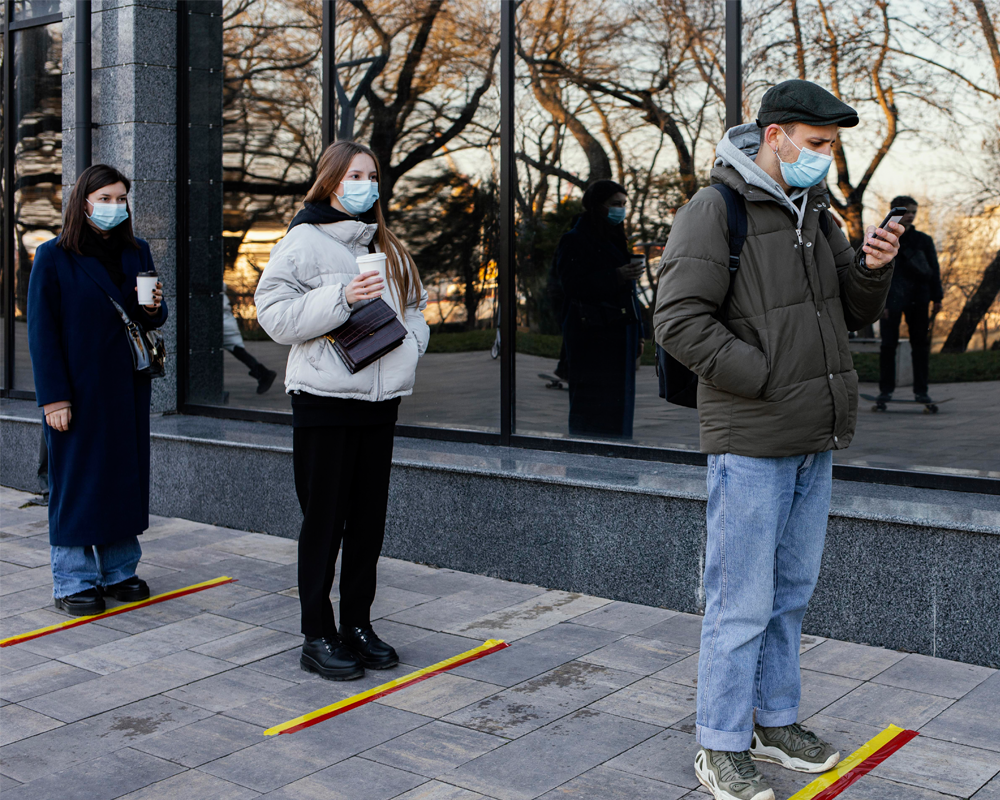Awareness of telecare therapies among people in India

Technology is giving rise to a revolution in mental health care. The ongoing covid-19 pandemic has given us both a need and a chance to utilize technology as a tool to expand access to mental health care. In these tough times, the emergence of delegate therapies offers comfort and positivity. Telecare has been serving as a flexible method in order to fill the gap between patients and mental health professionals. Using inexpensive tools and fundamental technical knowledge, telepsychiatry has been enhancing the extent of the domain to distant and remote towns and villages.
It was at the advent of the 21st century. India began its journey with telemedicine when a remote village, named Aragonda, in Andhra Pradesh, was connected via distant communications technology with a tertiary centre 200 km away in Chennai. The Ministry of Health and Family Welfare and the Department of Space and the Indian Space Research Organisation came together to fulfil this endeavour. On March 30th 2000, Bill Clinton, the then president of the United States of America, launched telemedicine in India and authorized the first telemedicine unit in Aragonda.

Similarly, the novel initiative of the Schizophrenia Research Foundation (SCARF), a nongovernmental organization (NGO), regarding providing telepsychiatry services to the sufferers of the wrecking tsunami in the coastal districts of Tamil Nadu in the year 2004 was praised worldwide.
Over a few years, an increase in online groups, websites and applications possibly as a result of decreasing health care resources has been witnessed. Such websites have been spreading awareness to healthy individuals as well as providing mental support to individuals suffering from depression, substance abuse and eating disorders through their blogs and services. The vast reach of social media has been leading to a chance for online support groups to support mental health recuperation as well as to lessen stigma. This is becoming even more significant in countries where talking about mental health is still a taboo. These online support groups are developing a transition by improving access to health information and giving assistance. Yet, more research is needed to explore these motives.
As per the correct scenario, telecare is growing and advancing beyond the hindrances. Telepsychiatry is increasing its health care capability to interact with patients and their family. It is expected that the blurring of international boundaries will also unfold worldwide opportunities to psychiatrists in India.



